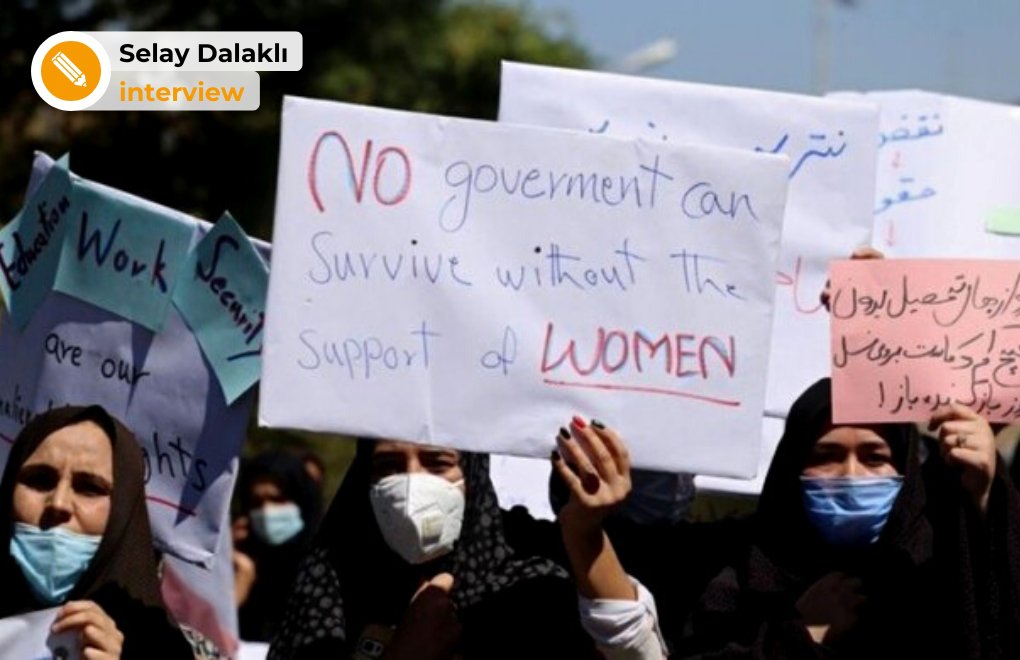* Credit: Haroon Sabawoon / Anadolu Agency (AA)
Click to read the article in Turkish
"As for the role of the media, I really believe that the media has an important role to play by allowing people to really know what is happening to women in Afghanistan and how their own countries, especially those involved in Afghanistan, are responsible for this.
"It is the role of the media and journalists to bring this story to the world and to say that this is not tolerable and we should not be tolerating this. Yet we are not hearing a lot of stories about what is really happening in Afghanistan for women and other marginalized groups."
This is how Zahra Nader, a journalist from Afghanistan and the Editor-in-Chief of Zan Times news website, talks about the state of rights and freedoms in Afghanistan and its representation in the world press.
"I think when the media is trying to cover the story of Afghanistan, they portray us as victims. But we are so tired of being depicted as victims," says Nader, emphasizing the following point in the meantime:
"Afghan women have been resisting; they are resistors, they are survivors, they are fighters. That should be told in a way that shows how they live in and bear this situation, how they make it through another day, which is an act of resistance for women in this situation."
Nader also has a special demand from Türkiye:
"The people in Turkey, including the scholars, writers, and intellectuals must publicly denounce the Taliban's abuse of Islam. They should also raise their voice in challenging those in Turkish society who are whitewashing the Taliban's gender apartheid regime in Afghanistan."
In the second and last part of our interview with journalist and York University postgrad Zahra Nader, we have talked about how the international media covers rights violations in Afghanistan and what journalists and rights defenders across the world can do for the people of Afghanistan.
CLICK - 'We need to tell the story of women in Afghanistan right now'
'We are tired of being depicted as victims'
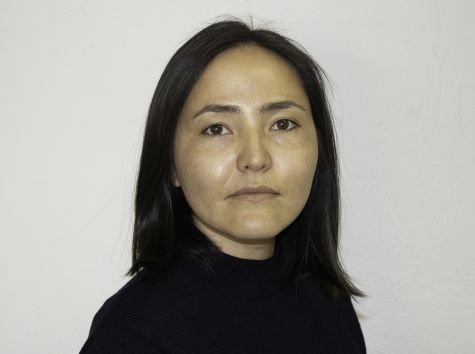
How do you think the international media is covering the situation in Afghanistan? Do you think that it has diminished over time? Do you think that it is enough? And what can we, journalists outside Afghanistan, do to make Afghan people's voices heard?
I think when the media is trying to cover the story of Afghanistan, they portray us as victims. But we are so tired of being depicted as victims.
First of all, Afghan women have been resisting; they are resistors, they are survivors, they are fighters. That should be told in a way that shows how they live in and bear this situation, how they make it through another day, which is an act of resistance for women in this situation.
So, I think the story should be told from the angle of how hard it is, and how inhumane the situation is, and how urgently it needs to change.
'What if the same thing happened to men?'
Can you really imagine a situation in which men are denied all their basic human rights, are told to stay at home, and are told to cover their faces? What would really happen? Would the world really be silent, condemning it? Would they only say that they are so sorry, that they are very concerned for Afghan women's rights, but "Sorry, we can't do anything about it"?
I think the situation that we see right now is that the world somehow wants to accommodate the Taliban at cost for Afghan people, that is at the cost of Afghan women, and that is not so much of a cost for the world, although the social and political crises in Afghanistan have global and regional reverberations.
They talk about women's rights, but how can you really talk about women's rights in the context of Afghanistan? Are there any rights left to speak of right now for the people of Afghanistan, especially for women?
'An unacceptable double standard'
When you see the level of tolerance that these people have for the Taliban, that they continuously meet with the Taliban, taking them to Norway and all, you just ask, "Is this act being done with a group who are denying 20 million people their basic human rights? Is this how you treat human rights abusers? Is this how you treat them?"
This is the double standard that you get: While Afghan women are denied their basic human rights, the Taliban are able to fly out of the country on jets, using the money that they receive as aid to implement their gender apartheid policies. This is not acceptable.
'It is the medis's role to bring this story to world'
As for the role of the media, I really believe that the media has an important role to play by allowing people to really know what is happening to women in Afghanistan and how their own countries, especially those involved in Afghanistan, are responsible for this.
It is the role of the media and journalists to bring this story to the world and to say that this is not tolerable and we should not be tolerating this. Yet we are not hearing a lot of stories about what is really happening in Afghanistan for women and other marginalized groups.
Now we are seeing that the Taliban arrest, harass, and interrogate international journalists. That was not the case earlier when international journalists had the protection of the Taliban. Yet, they still have privileges that Afghan journalists do not have.
'They provide funding as it is easier to do'
So, we ask for solidarity. We ask the international media to take this into heart that you are speaking about the rights and freedom of at least 20 million people – just considering only the female population of Afghanistan – and how the whole country is suffering.
We really want them to focus on what is the truth and what is happening and do it in a way that would be effective.
They need to speak up, they need to make their countries and their politicians responsible for doing the right thing and not what is easy.
Right now, we are seeing that other countries are funding Afghanistan's humanitarian crisis because it is easier for them not to say, "Hey Taliban, this is not acceptable. We keep paying you and you are not doing anything that you promised that you would."
So, we want these countries to hold the Taliban accountable as they do other countries in similar situations.
We really see the role of the media as a part of how you can tell this story and how you can mobilize support for Afghan people.
'Sisterhood and solidarity matter'
Is there any message that you would like to give to women's rights activists and feminists in Türkiye and around the world?
I really want to ask for their solidarity, for their support, because this is the time when sisterhood and solidarity really matter. This is the time when we need support because we do not have any other means to fight back.
Afghan women have very little: they have lost their jobs, their ability to fully participate in their own society, to make decisions about their future, about their own bodies, and about their own clothes.
This is the time that we need feminist movement all around the world to stand up together and say, "Hey, this is moving the bar. Now we hear this country, then another, is intensifying their attacks on women's rights."
'What is done in Afghanistan sets an example'
Why is this happening? Because we are seeing the example in Afghanistan; we are seeing that nothing is being done and that what happens there has been tolerated. That sets another example for the world as to how much you can cut women's rights, how much you can deny them to women.
I am very afraid that this is now happening in other countries, as well. And I hope that the feminist movement and all those believe in human rights and equality pay attention to what is happening in Afghanistan, for it does not stay in Afghanistan and that is going to affect the way women are treated all around the world.
To Türkiye: 'Challenge Taliban's white-washers'
I have a special demand from Turkey, a majority Muslim country: please do not stay silent in the face of the Taliban's abuse of Islam.
The Taliban is clearly and blatantly violating human rights, in particular the rights of women. In the name of Islam, they are engaging in public spectacles of torture, floggings, and murder, and they call criticism "disrespect to Islam."
The people in Turkey, including the scholars, writers, and intellectuals must publicly denounce the Taliban's abuse of Islam. They should also raise their voice in challenging those in Turkish society who are whitewashing the Taliban's gender apartheid regime in Afghanistan.
This is the time that the people of Afghanistan and especially women are looking for solidarity and support. Please stand with the people of Afghanistan. (SD)





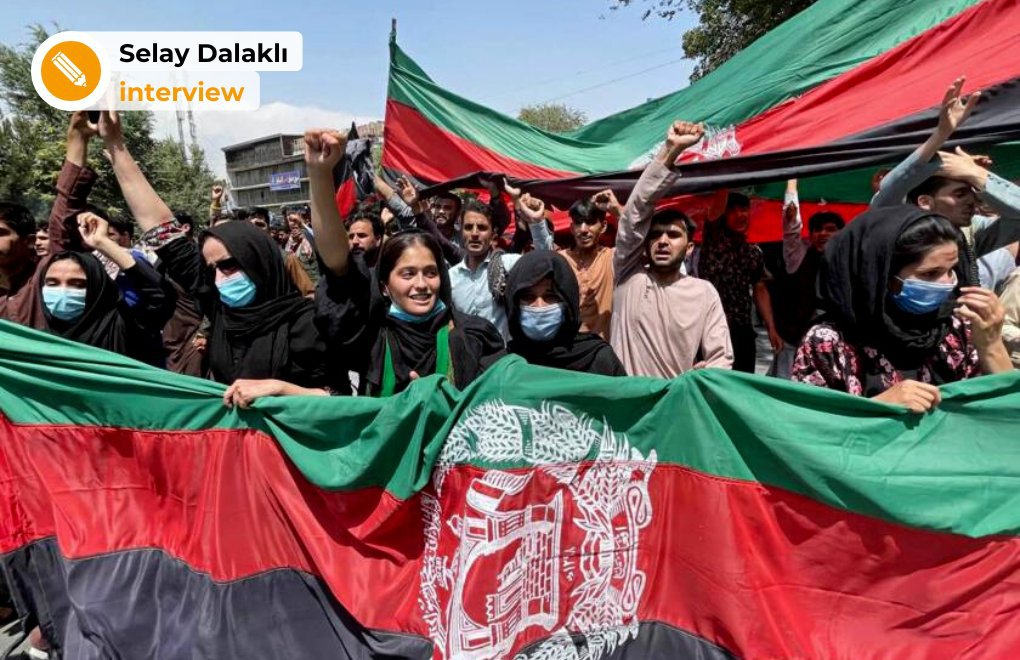
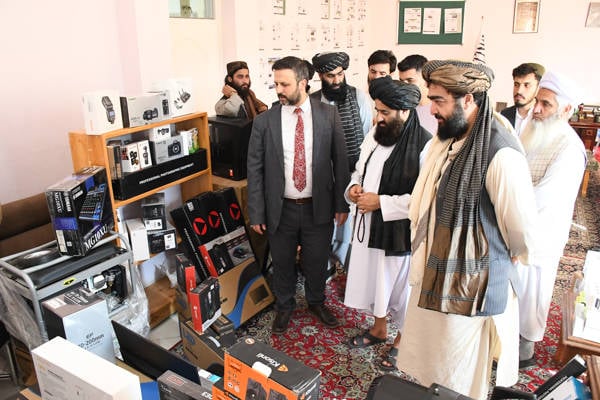

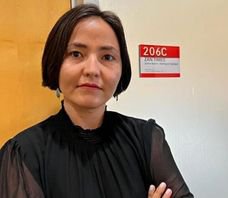

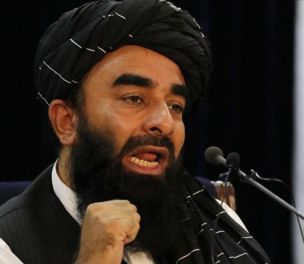
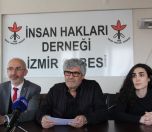
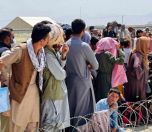
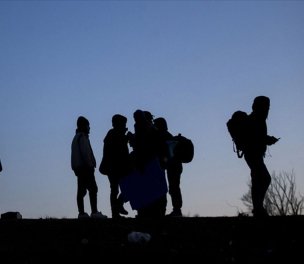
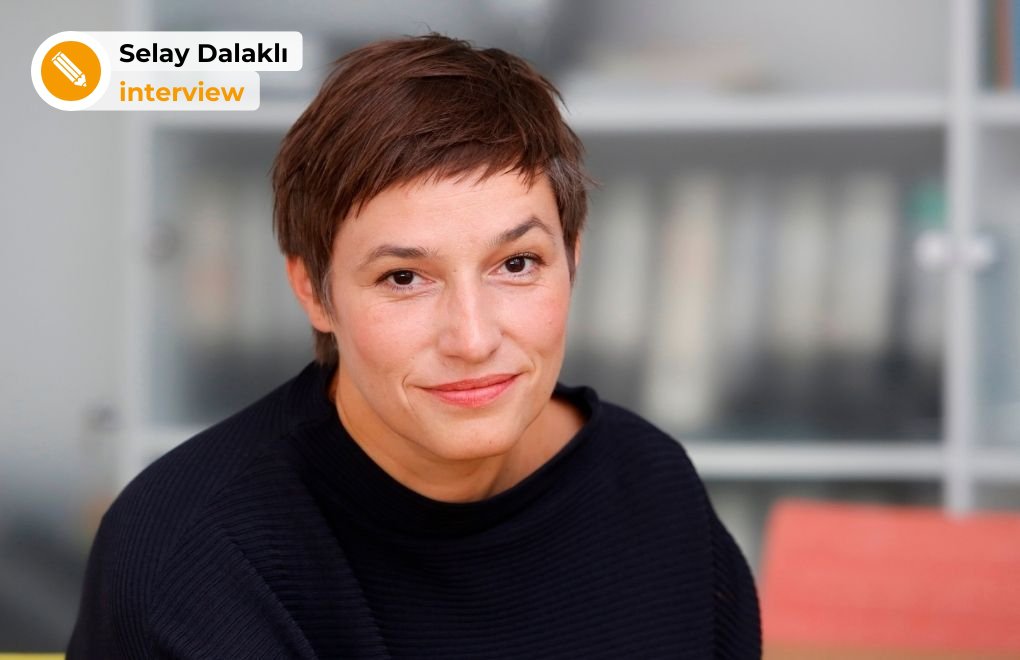
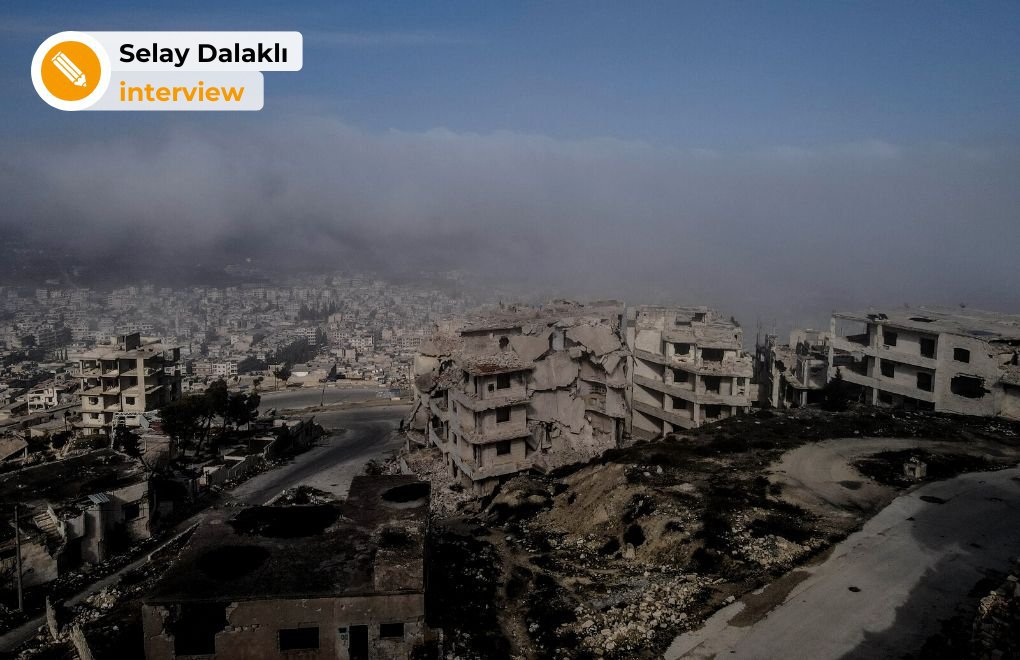
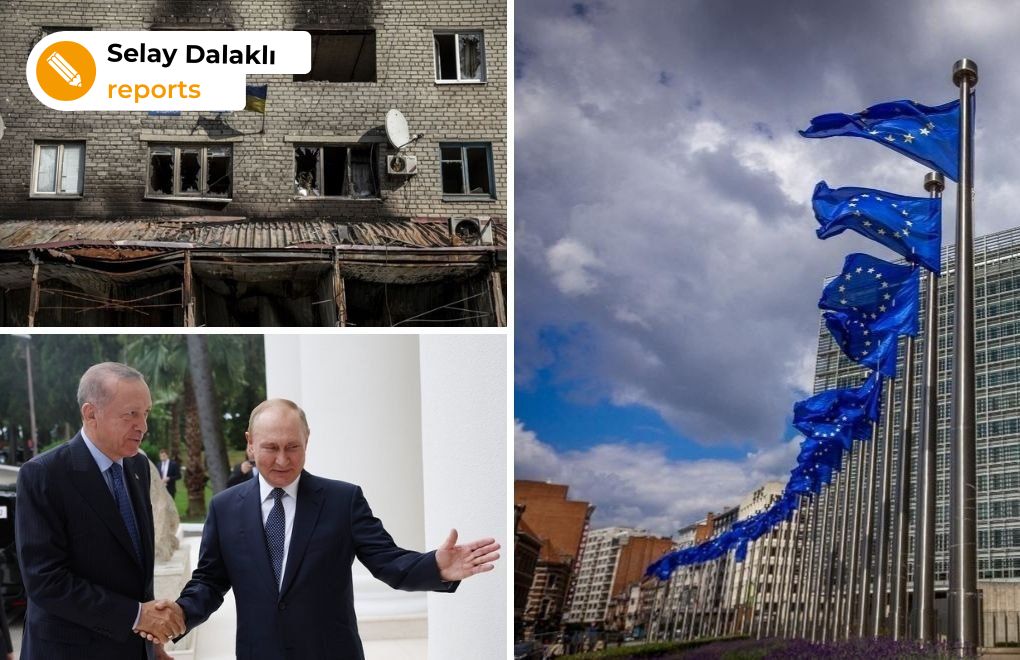
.jpg)
